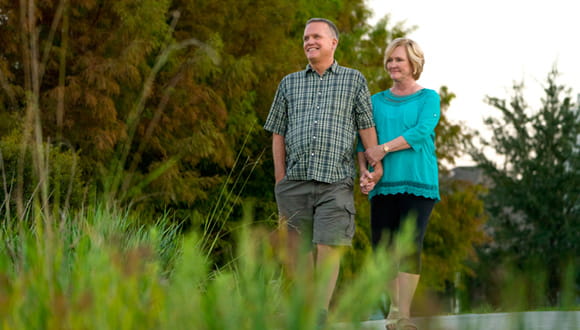Virtually everyone has been touched in some way by cancer — either themselves or through a family member or friend. Around 1 in 3 men and women are at risk of developing cancer in the U.S. during his or her lifetime, but myths and misconceptions still swirl around this much-feared disease.
To help set matters straight, we've answered some common questions about cancer.
Does family history determine my cancer risk?
If a family member is diagnosed with cancer, you may wonder what this means for your own risk.
Genetics play a role in your risk for cancer, but having a parent or other family member with cancer doesn't mean you'll definitely develop cancer. Be sure to share family history information at your next checkup so your doctor can help assess your risk.
(Related: Cancer Genetic Counseling: Can Hereditary Cancer Be Prevented?)
What can I do to prevent cancer?
Certain lifestyle and environmental factors can raise your risk of cancer, such as:
- Poor diet
- Tobacco and alcohol use
- Obesity
- Physical inactivity
- Exposure to ultraviolet rays, chemicals or infections
You can't control every risk cancer factor, but you can take action against cancer by making healthy choices when it comes to what you eat diet, exercise, wearing sunscreen, avoiding tobacco and limiting alcohol.
What cancer screenings should I consider?
Screenings help detect cancer in the earliest stages, when it's most treatable and survival rates are best.
That's why it's important to stay on top of the cancer screening tests recommended based on your age, gender and other factors, such as:
- Colorectal screenings
- Mammograms
- Cervical cancer screening
Other types of screenings may be recommended based on your health history or personal risk factors. For instance, lung cancer screening is often recommend for current or former heavy smokers between the ages of 50 and 80.
Your doctor may also recommend a screening schedule based on your personal and family health history or other risk factors.








